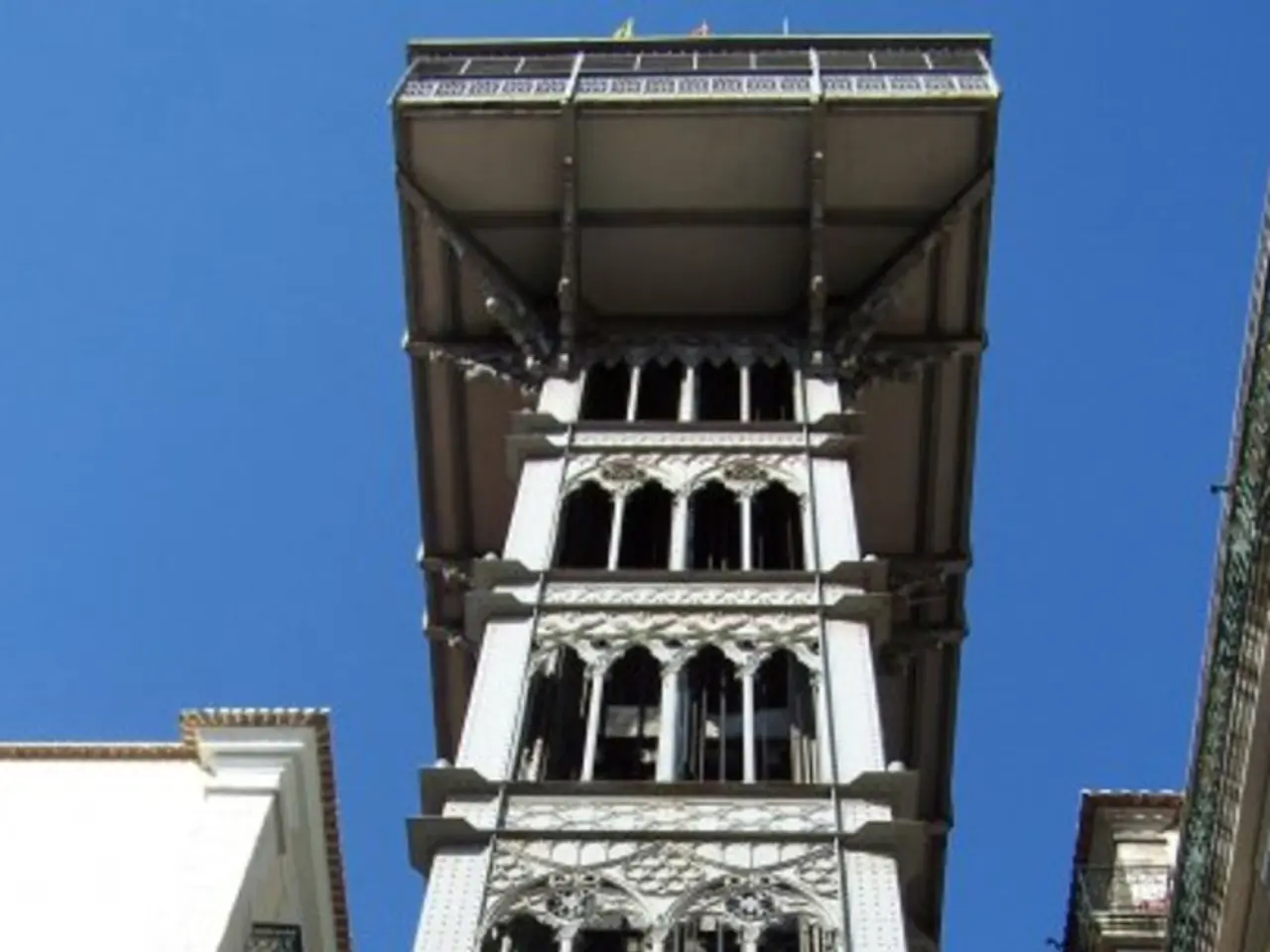In a first Independence Day address, Delhi Chief Minister Rekha Gupta commits to revitalizing the Yamuna River.
Delhi Chief Minister Rekha Gupta has unveiled a comprehensive plan to rejuvenate the Yamuna river and ensure clean water supply for the city's residents. The plan, backed by a significant investment of Rs 9,000 crore, aims to achieve substantial improvements in the Yamuna's water quality by 2025.
The Delhi Jal Board (DJB) has outlined a 45-point action plan that addresses the root causes of the river's pollution, such as untreated sewage, industrial effluents, and solid waste. This plan involves collaboration between the Delhi government, central government, private partners, and international organisations.
Key components of the rejuvenation efforts include close monitoring of the river's water levels and flow, ecological restoration projects along a 22-km stretch from Wazirabad to Okhla, and an ambitious tourism development plan. The tourism plan includes a 12-km Chhath Ghat, regular Yamuna Aarti ceremonies, a heritage tourism circuit, and river cruise services.
Under central government programs like AMRUT, Rs 8 billion has been sanctioned to provide sewer connections in slum areas, aiming to reduce sewage discharge directly into the river by May 2025. Additionally, the development of standard operating procedures and benchmarks for sewage treatment plants is underway to improve wastewater treatment quality and discharge standards.
The timeline for these initiatives is centred on achieving key milestones by the end of 2025, with ongoing monitoring and coordination among stakeholders to ensure effectiveness. The plans also encompass long-term ecological restoration alongside infrastructure upgrades to sustainably revive the Yamuna and provide clean water supply to Delhi residents.
In addition to the Yamuna rejuvenation plan, CM Gupta emphasised her government's commitment to providing better infrastructure and clean water to the people of Delhi. Creches for working women will be established, housing for all slum dwellers will be provided, and the government has implemented the Ayushman Bharat Yojana in Delhi.
CM Gupta also mentioned the government's efforts to address waterlogging problems in the city, with improvements noted. Around 4.5 lakh people have enrolled in the health insurance scheme, and 166 Ayushman Arogya Mandirs (neighborhood clinics) have been opened. The government has increased rewards for sportspersons to encourage youth participation in sports and has distributed laptops to meritorious students in Delhi.
Moreover, the CM referred to the recently passed education bill to check arbitrary fee hikes in private schools. She noted that previous governments had failed to provide clean water and piped supply to all areas of Delhi, including slums, unauthorized colonies, and affluent neighborhoods. The government will continue to work towards addressing these challenges and ensuring a better quality of life for Delhi's residents.
[1] Delhi Jal Board (DJB) 45-point action plan for Yamuna rejuvenation: https://www.djb.gov.in/sites/default/files/DJB_Yamuna%20Action%20Plan_0.pdf [2] Delhi Government's initiatives to manage flood risks: https://www.delhi.gov.in/wps/wcm/connect/doit_delhi/delhi_portal/home/news/delhi-government-takes-steps-to-manage-flood-risks [3] Ecological restoration and beautification projects along the Yamuna: https://www.delhi.gov.in/wps/wcm/connect/doit_delhi/delhi_portal/home/news/delhi-government-to-develop-ecological-restoration-and-beautification-projects-along-the-yamuna [4] Tourism development plan for the Yamuna: https://www.delhi.gov.in/wps/wcm/connect/doit_delhi/delhi_portal/home/news/delhi-government-announces-tourism-development-plan-for-the-yamuna [5] Central government programs for sewage infrastructure and Yamuna rejuvenation: https://www.urbanindia.gov.in/amrut/amrut-in-delhi-2015-2020/
- The Delhi Jal Board (DJB) has presented a 45-point action plan to rejuvenate the Yamuna river, tackling pollution sources like untreated sewage and industrial effluents.
- The comprehensive plan involves collaborations between the Delhi and central governments, private partners, and international organizations to achieve substantial water quality improvements by 2025.
- Key components include ecological restoration projects along a 22-km stretch, close monitoring of water levels, and a tourism development plan featuring river cruise services and heritage tours.
- Under central government programs like AMRUT, funds have been allocated to provide sewer connections in slum areas to reduce sewage discharge into the river by 2025.
- Central government initiatives also involve the development of standards for sewage treatment plants to improve wastewater treatment quality and discharge.
- Beyond the Yamuna rejuvenation plan, the Delhi government aims to provide better infrastructure, clean water, and overall improve the quality of life for city residents.
- The government has taken steps in this regard by establishing creches for working women, providing housing for slum dwellers, implementing health insurance schemes, encouraging sports participation, distributing laptops to students, managing flood risks, and addressing waterlogging problems.






